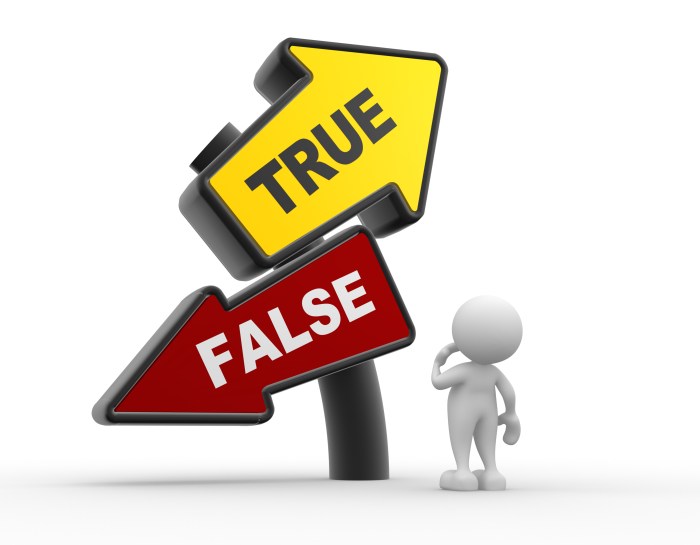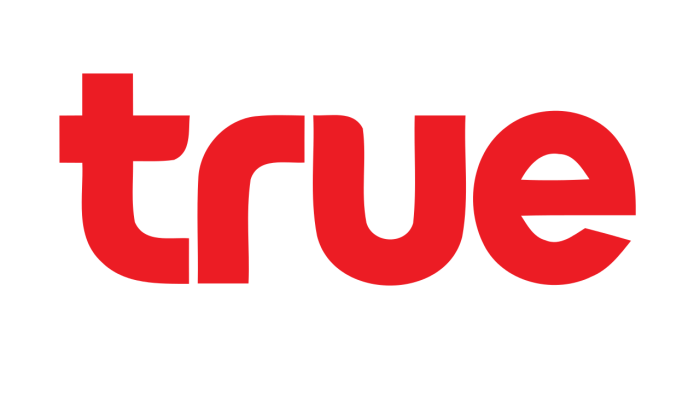True or false authority directly impacts ranking strength. This fundamental principle in hinges on the notion that a website’s authority, earned through genuine credibility and expertise, plays a pivotal role in determining its position in search engine results pages (SERPs).
In this comprehensive exploration, we will delve into the intricacies of true authority, its correlation with ranking strength, and the consequences of relying on false authority. Moreover, we will provide practical guidance on building true authority and distinguishing it from its deceptive counterpart.
Authority and its Impact on Ranking Strength: True Or False Authority Directly Impacts Ranking Strength

In the realm of Search Engine Optimization (), authority holds immense significance in determining a website’s ranking strength. True authority, distinct from perceived authority, stems from the credibility and trust garnered by a website through its expertise, reliability, and overall trustworthiness.
Factors Contributing to True Authority
- High-quality content that is informative, engaging, and original
- Backlinks from reputable sources that attest to the website’s credibility
- Positive user engagement, including low bounce rates and high time on site
- Expertise and reputation in the website’s niche
- Compliance with search engine guidelines and best practices
The Correlation between True Authority and Ranking
Numerous studies and case studies have demonstrated a strong positive correlation between true authority and higher rankings in search engine results pages (SERPs). Google’s algorithms prioritize websites that exhibit authority, recognizing them as trustworthy sources of information and valuable resources for users.
Trust and credibility are paramount in establishing authority. Websites that consistently deliver accurate, reliable, and unbiased information earn the trust of users and search engines alike. Backlinks from reputable sources, such as industry leaders and academic institutions, serve as endorsements that further bolster a website’s authority.
Building True Authority, True or false authority directly impacts ranking strength
Building true authority requires a concerted effort and a commitment to quality and consistency. Here is a step-by-step guide:
- Create high-quality content:Develop informative, engaging, and original content that provides value to users. Focus on meeting the needs of your target audience and establishing yourself as an expert in your field.
- Earn backlinks from reputable sources:Reach out to other websites in your niche and offer to guest post or collaborate on content. Focus on building relationships with influential websites that can provide valuable backlinks.
- Engage with your audience:Respond to comments, answer questions, and actively participate in social media to build a community around your website. Positive user engagement signals to search engines that your website is trusted and valuable.
Differentiating between True and False Authority
It is crucial to distinguish between true authority and false authority, which can be misleading and detrimental to your website’s ranking.
| True Authority | False Authority |
|---|---|
| Backed by expertise and credibility | Relies on deceptive tactics |
| Provides high-quality, original content | Publishes plagiarized or low-quality content |
| Earns backlinks from reputable sources | Obtains backlinks through paid schemes or link farms |
| Engages with its audience | Lacks user interaction or engagement |
The Impact of False Authority on Rankings
Relying on false authority can have severe consequences for your website’s ranking. Search engines penalize websites that engage in deceptive practices or attempt to manipulate their authority. Penalties can range from ranking drops to deindexing, which can significantly impact your website’s visibility and traffic.
To avoid the negative effects of false authority, focus on building true authority through genuine expertise, high-quality content, and ethical link building. Remember that building true authority takes time and effort, but it is an investment that will pay off in the long run.
Top FAQs
What is the difference between true authority and perceived authority?
True authority is earned through expertise, credibility, and trust, while perceived authority may be based on superficial factors such as popularity or a large following.
How does true authority impact ranking strength?
True authority signals to search engines that a website is a reliable and trustworthy source of information, which can lead to higher rankings in SERPs.
What are some examples of factors that contribute to true authority?
High-quality content, backlinks from reputable sources, positive user reviews, and a strong social media presence are all factors that can contribute to true authority.
How can I build true authority for my website?
Focus on creating high-quality content, building relationships with influencers in your industry, and participating in social media engagement.
What are the consequences of relying on false authority?
Relying on false authority can damage your website’s reputation and lead to lower rankings in SERPs, or even penalties from search engines.


